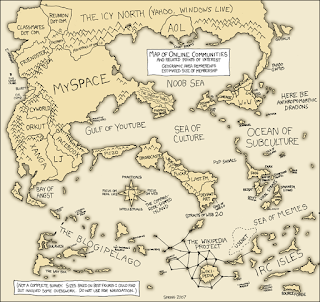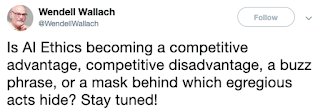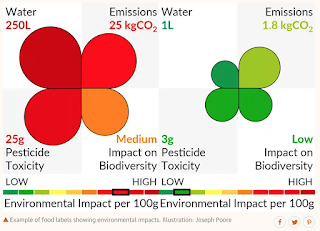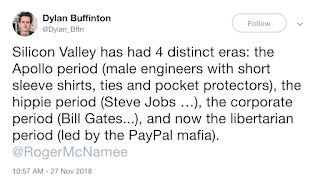Weeknotes: mundane technology, commons based peer production, communities of co-operative practice

A great analysis from Apache, of the Apache open source way to reach sustainable open source success - breaking down the mission statement and looking at each piece in depth. A really important and useful clarifying piece, which also highlights how much it matters to be clear about what you are doing, for which community. The mission of the Apache Software Foundation (ASF) is to provide software for the public good. ....Investopedia defines a public good as "a product that one individual can consume without reducing its availability to another individual, and from which no one is excluded." On the surface, this is a good definition for our use of the term. However, there is a nuance in our use. Our mission is not to produce "public goods" but to "provide software for the public good". A lovely article from Ingrid Burrington on how the internet acquires the trappings of the nation state , with borders and mapping, and also on mapping the internet. Bu...



